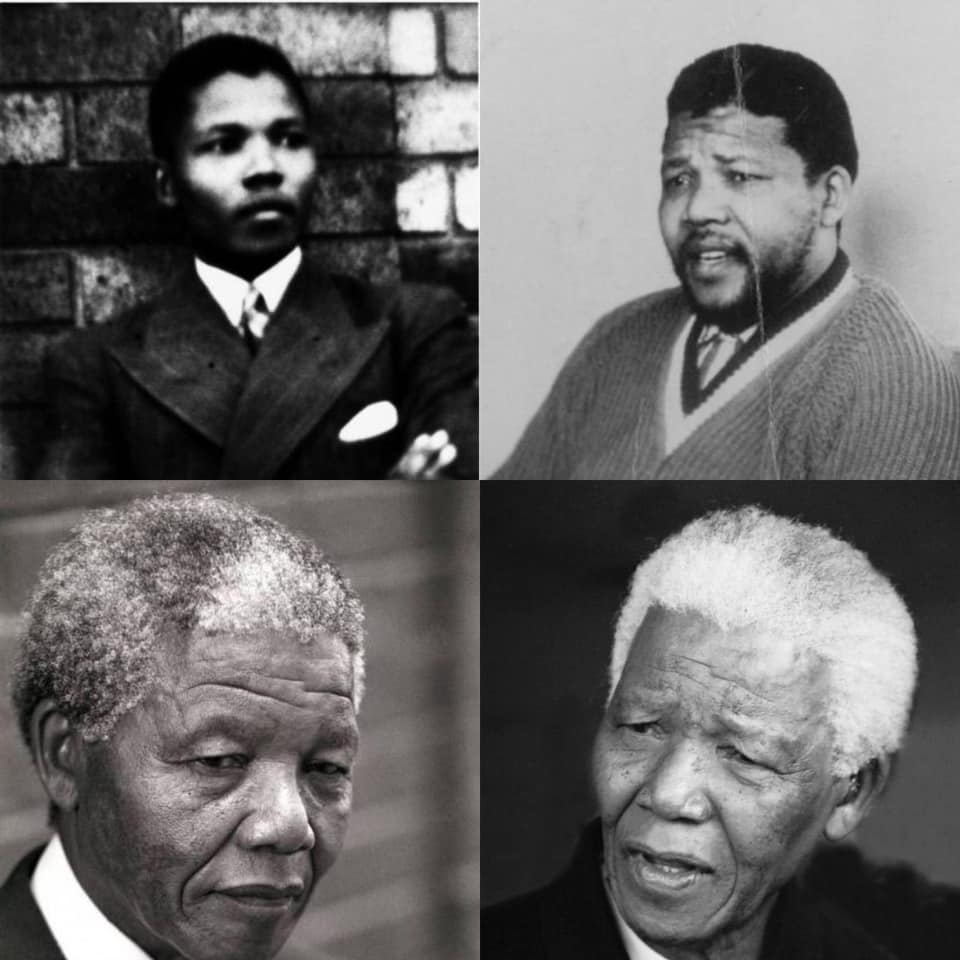From a lawyer to the first Black president of South Africa, Nelson Mandela’s contribution to anti-apartheid legislation helped desegregate the country. His political speeches and demonstrations brought worldwide awareness of apartheid. In honor of his accomplishments in creating a multiracial democratic society in South Africa, the United Nations made Mandela’s birthday, July 18, an international holiday in 2009.
“I never lose,” Mandela said. “I either win or learn.”
Similar to racial segregation in the U.S., apartheid was racial discrimination in South Africa that was upheld by legal policies. It began in 1948 when the National Party — a white minority political party — gained power in the country and ended in 1994, the year Mandela was elected president. Laws banned interracial marriages and enforced segregated neighborhoods between white people and non-white people in South Africa.
Mandela was the face of the movement and he helped Black Americans identify with not only Black South Africans, but Black people around the world. This caused African Americans to become involved in the anti-apartheid movement since it mirrored the Civil Rights Movement.
“Nelson Mandela became a symbol of our connection to the African Diaspora,” said Dr. Joseph Tucker Edmonds, associate professor at IUPUI.
Mandela spent a total of 27 years in prison, 18 at Robben Island Prison and nine at Pollsmoor Prison. Through Winnie Mandela, his wife at the time, he was able to maintain contact and leadership with the African National Congress (ANC) — a South African Political party and Black nationalist organization that helped abolish apartheid. Mandela and Winnie divorced in 1996.
People wondered why Mandela did not cry after being released from prison. His tear ducts became permanently damaged from the many years he worked in a limestone quarry during his imprisonment.
In 1999, Tucker Edmonds studied abroad in South Africa. He was able shake hands with Mandela and see the remnants of apartheid throughout the country. “Whites only” signs were still up, neighborhoods still heavily segregated, and conflicts between Black people, people of color and white people were still apparent throughout the country. Mandela knew it would take time before all people in South Africa could truly be free.
“I think he recognized that it’s a long walk to freedom on the other side of a multiracial democracy,” he said. “That’s his legacy. This wasn’t going to be done in 1994 when he was elected.”
Though he died Dec. 5, 2013, Mandela’s political achievements continue to inspire. IUPUI political science professor, Dr. Scott Pegg said Mandela’s compassion, ability to forgive and work with enemies to create a smooth transition of political powers is what made him a well-respected leader worldwide.
“You can argue that he was the last globally revered figure we had,” Pegg said.
Contact staff writer Abriana Herron at 317-924-5143. Follow her on Twitter @Abri_onyai.









